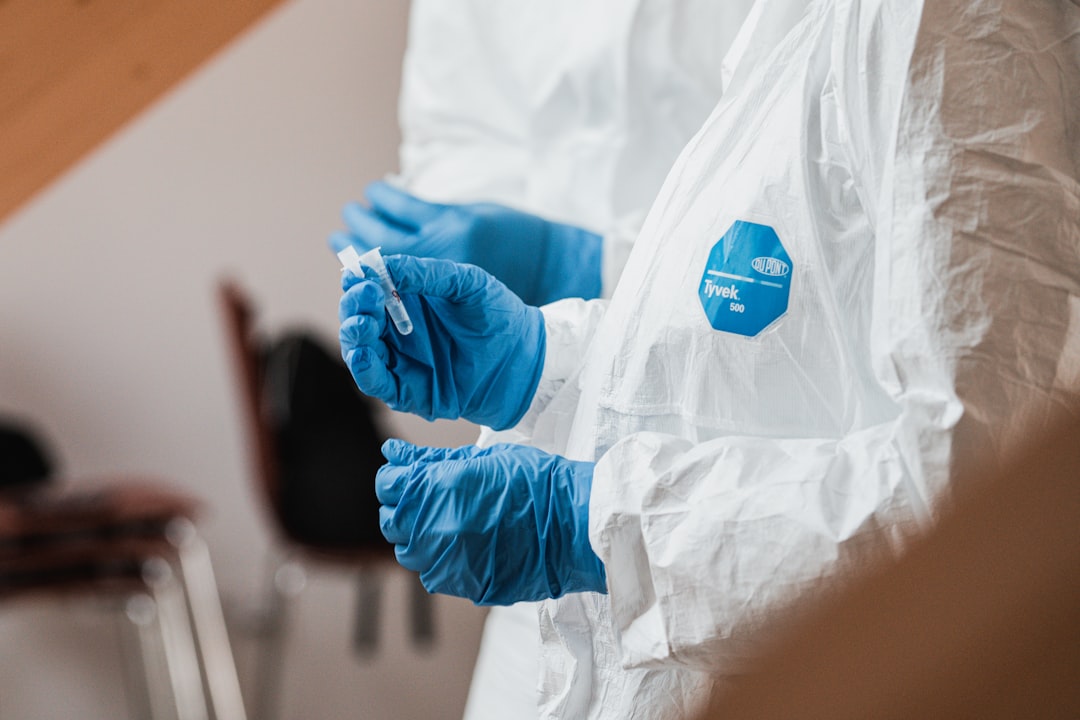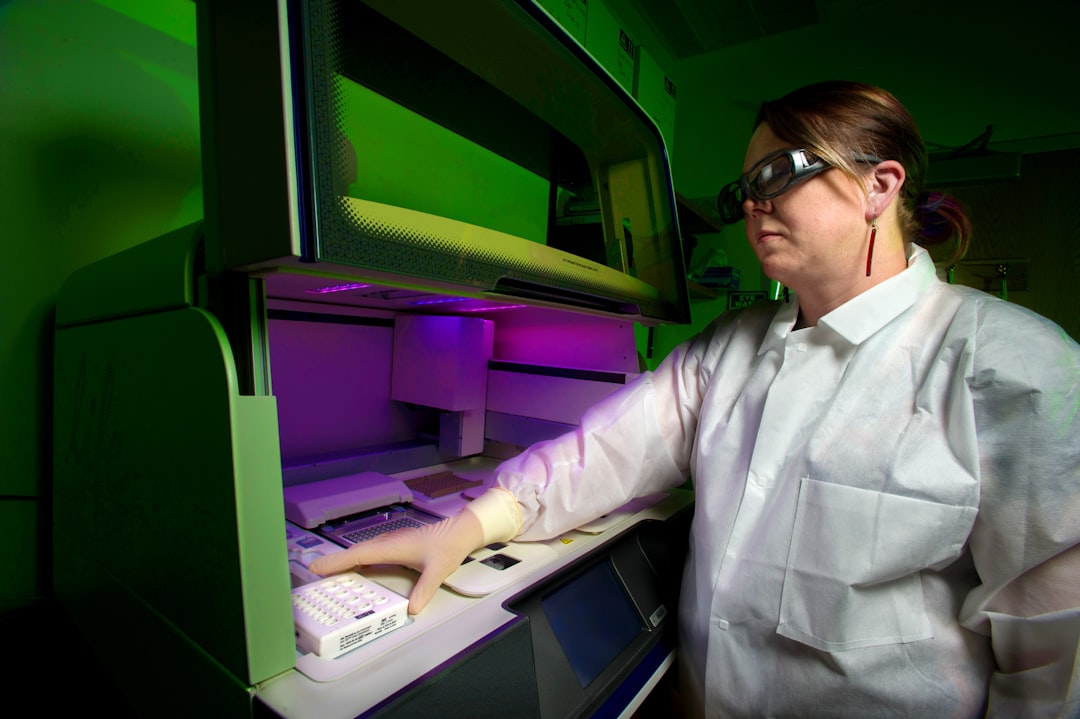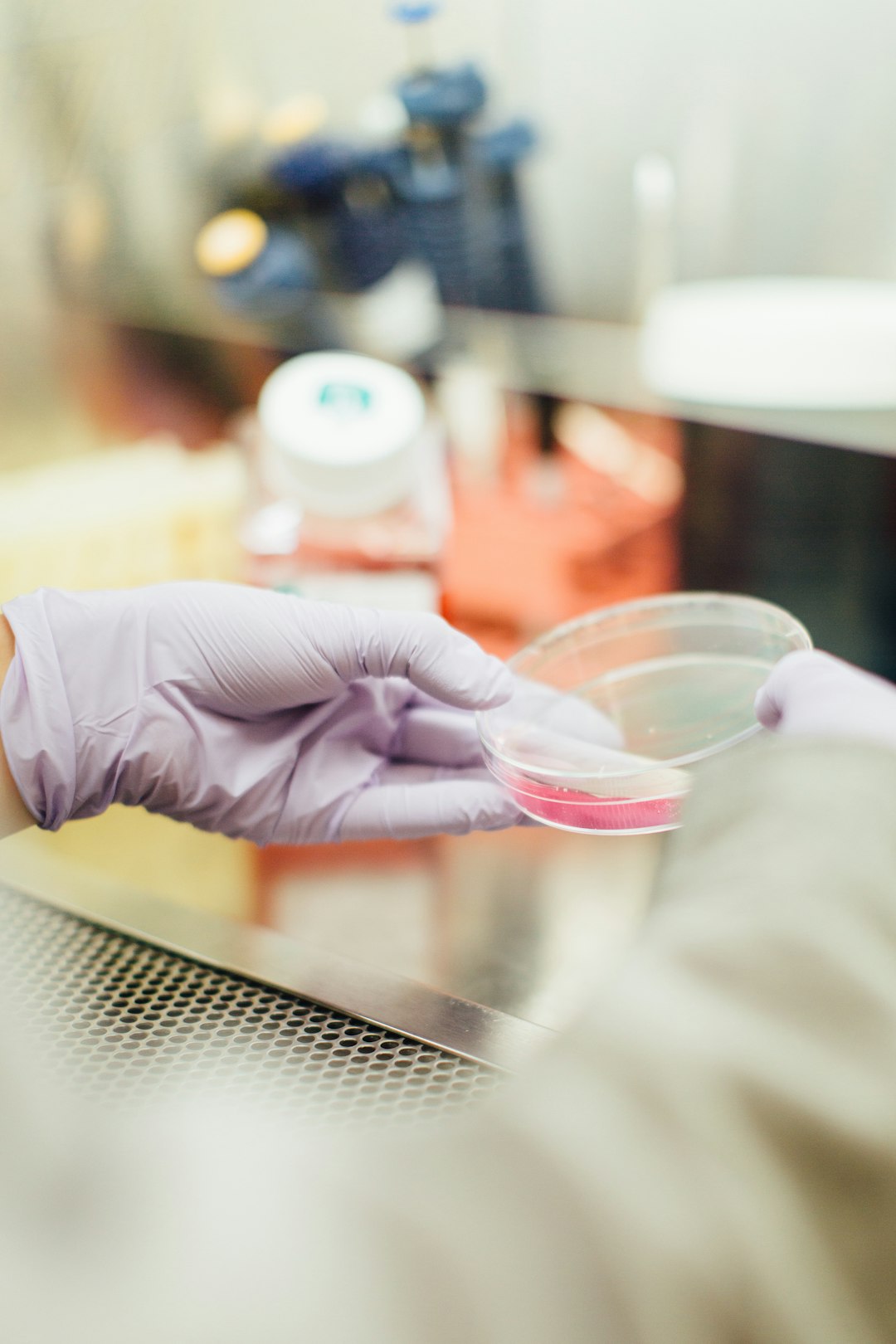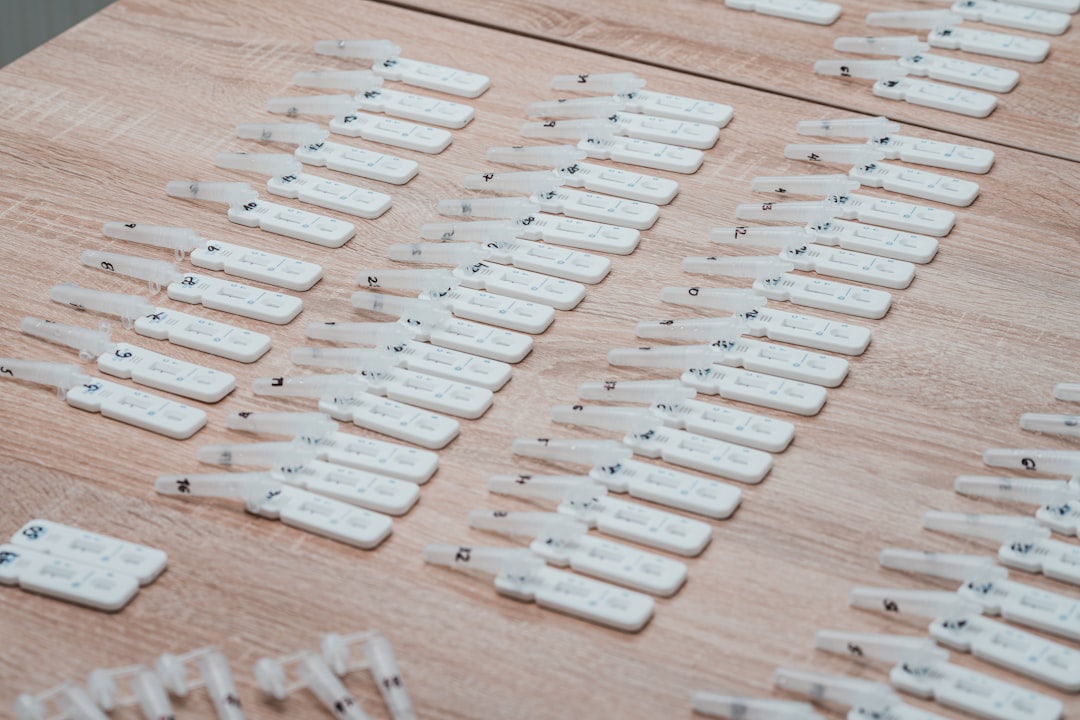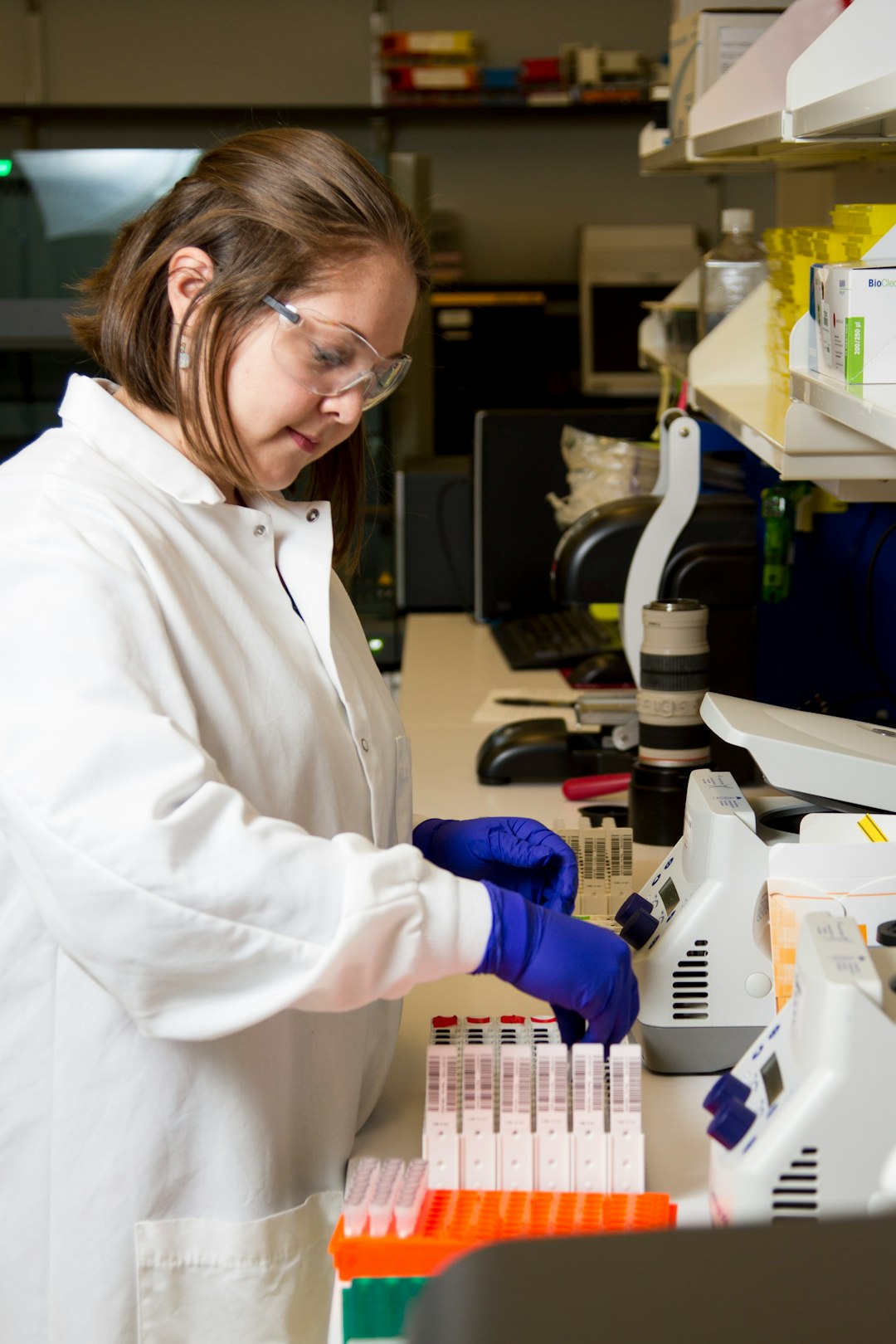Common Misconceptions About Drug Testing and the Truth Behind Them
Drug testing is a common practice in many workplaces, schools, and sports organizations. However, there are several misconceptions about drug testing that have led to confusion and misinformation. In this post, we will explore some of the most common misconceptions about drug testing and the truth behind them.
Misconception #1: Drug testing is only necessary for employees who work in high-risk jobs
Many people assume that drug testing is only necessary for employees who work in high-risk jobs such as construction, transportation, or law enforcement. However, drug testing is becoming more common in all industries as employers seek to maintain a safe and productive workplace. Drug use can affect job performance, increase accidents and injuries, and lead to absenteeism and turnover.
Misconception #2: Drug testing is expensive and time-consuming
Another common misconception is that drug testing is expensive and time-consuming. While drug testing can be costly, it is often less expensive than the cost of accidents, injuries, and lost productivity that can result from drug use in the workplace. Additionally, drug testing can be done quickly and efficiently using a variety of methods such as urine, hair, saliva, and blood tests.
Misconception #3: Drug testing is an invasion of privacy
Some people believe that drug testing is an invasion of privacy and violates their rights. However, drug testing is legal in many situations, and employees are often required to consent to drug testing as a condition of employment. Additionally, drug testing is necessary to maintain a safe and productive workplace and protect the rights of other employees.
Misconception #4: Drug testing only detects illegal drugs
Many people assume that drug testing only detects illegal drugs such as marijuana, cocaine, and heroin. However, drug tests can also detect prescription drugs, over-the-counter medications, and even alcohol. It is important for employees to disclose any medications they are taking to avoid a false positive on a drug test.
Misconception #5: Drug testing is not accurate
Some people believe that drug testing is not accurate and can produce false results. While drug testing is not 100% accurate, it is highly reliable when done correctly. False positives can occur, but they are rare and can often be explained by medications or other factors. Additionally, drug testing is often done in a laboratory setting by trained professionals to ensure accuracy.
Misconception #6: Drug testing is only necessary for new employees
Many employers believe that drug testing is only necessary for new employees and that once an employee passes a drug test, they are unlikely to start using drugs. However, drug testing should be an ongoing process to deter drug use and ensure a safe and productive workplace. Additionally, employees who have been injured on the job or who exhibit signs of drug use should be tested as well.
Misconception #7: Drug testing does not prevent drug use
Some people believe that drug testing does not prevent drug use and that employees will simply find ways to cheat the system. While it is possible for employees to cheat a drug test, the risk of being caught is often a strong deterrent to drug use. Additionally, drug testing can be combined with education, counseling, and support programs to help employees overcome drug addiction.
Misconception #8: Drug testing is only necessary for certain types of drugs
Finally, some people believe that drug testing is only necessary for certain types of drugs such as opioids or amphetamines. However, drug testing should be comprehensive and cover a wide range of drugs including prescription medications, over-the-counter drugs, and alcohol. This ensures that all forms of drug use are detected and addressed.
Overall, drug testing is an important tool for maintaining a safe and productive workplace. By understanding the truth behind these common misconceptions, employers can make informed decisions about drug testing policies and procedures.


